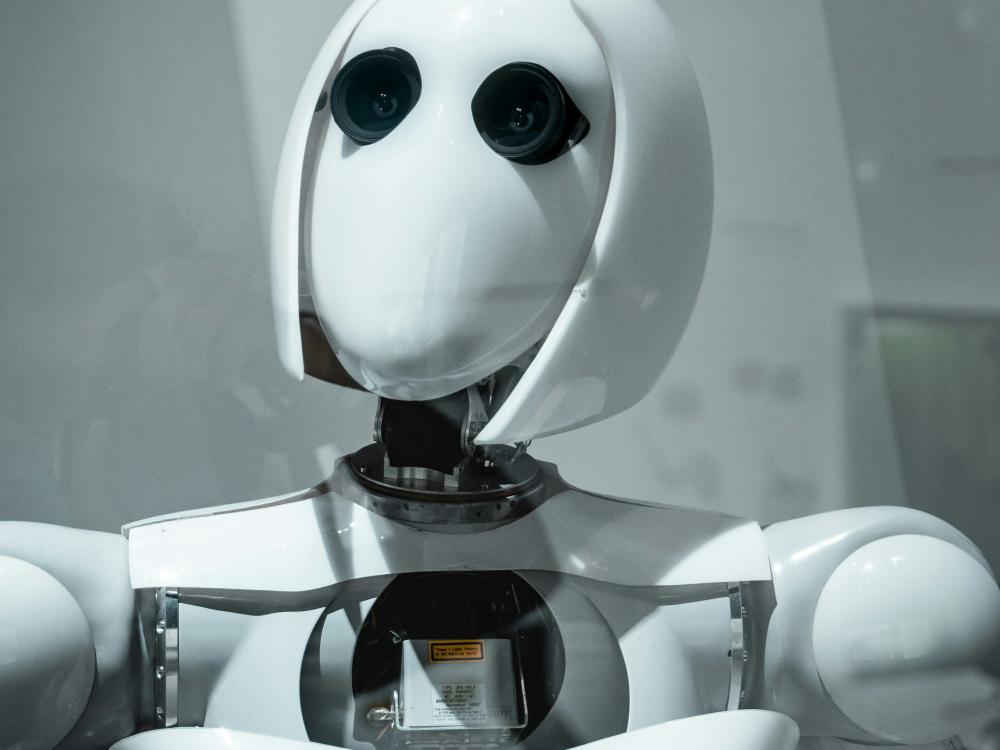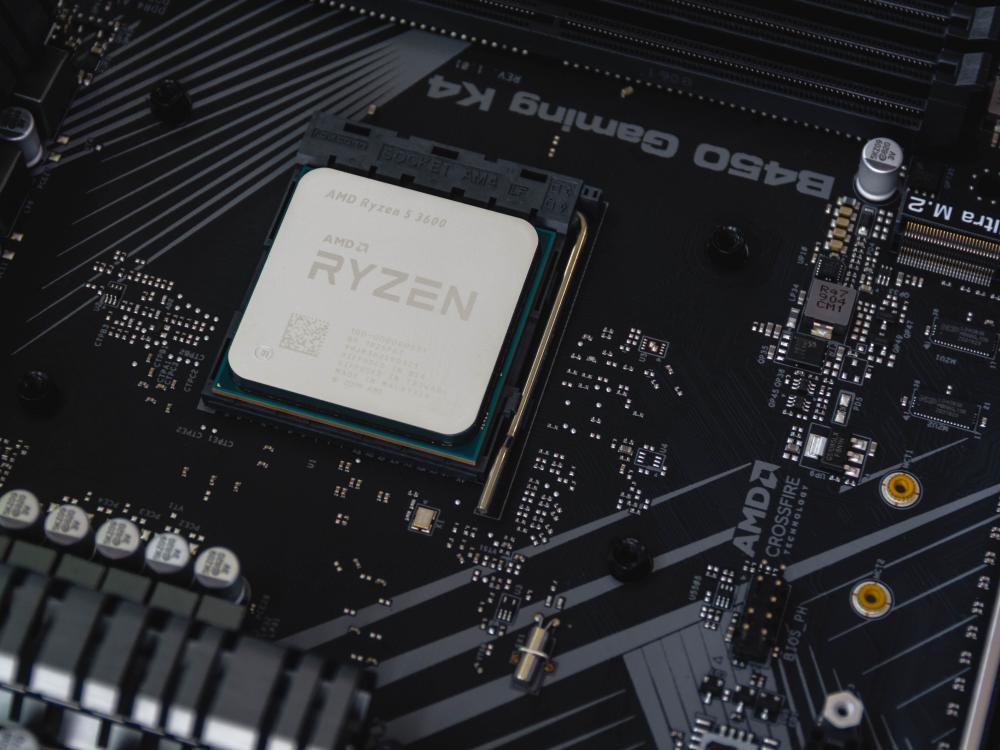The Challenges of RPA and the Rise of AI as a Solution
We are witnessing an exciting revolution in the field of technology. Robotic Process Automation (RPA) has been a game-changer for businesses, automating repetitive tasks and improving efficiency. However, it is not without its challenges. In this article, we will explore the hurdles faced by organizations implementing RPA and how Artificial Intelligence (AI) emerges as a promising solution.
The Limitations of RPA
Rigid Rule-Based Automation: One of the key challenges with RPA is its reliance on rule-based automation. While effective for routine tasks, it struggles when faced with complex decision-making processes or unstructured data.
Limited Cognitive Abilities: Traditional RPA systems lack cognitive capabilities, making it difficult to handle exceptions or adapt to changing scenarios. This restricts their potential to fully automate end-to-end processes.
Integration Complexity: Integrating RPA with existing systems can be complex and time-consuming. Compatibility issues and legacy infrastructure often pose significant challenges during implementation.
The Emergence of AI as a Solution

Artificial Intelligence comes to the rescue by addressing these limitations and unlocking new possibilities for automation. By combining machine learning algorithms with cognitive abilities, AI solutions enable businesses to overcome the challenges posed by traditional RPA.
Cognitive Automation: With AI-powered systems, processes can be automated not just based on rules, but also by understanding and interpreting data. Natural Language Processing (NLP) allows for intelligent decision-making, even in complex scenarios.
Adaptive Learning: AI systems have the capability to learn and improve over time. By analyzing patterns and feedback, they can adapt to changing business needs and optimize processes accordingly.
Enhanced Integration: AI solutions seamlessly integrate with existing IT infrastructure, providing a more holistic approach to automation. They can work alongside legacy systems, extracting insights from disparate data sources.
The Benefits of AI-Driven Automation
The rise of AI as a solution brings forth numerous benefits for organizations:
Improved Efficiency: AI-driven automation streamlines processes, reduces errors, and enhances operational efficiency. This allows employees to focus on higher-value tasks that require creativity and critical thinking.
Enhanced Decision-Making: With advanced analytics and cognitive capabilities, AI empowers businesses to make data-driven decisions quickly and accurately.
Scalability: AI solutions can scale effortlessly to handle large volumes of data and adapt to increasing business demands. This scalability ensures long-term sustainability.

While RPA has transformed the way businesses operate, it faces certain limitations that hinder its full potential. The emergence of AI as a solution bridges these gaps by offering cognitive automation, adaptive learning, and enhanced integration capabilities. we are excited about the future possibilities that AI-driven automation holds for businesses across various industries.


















